Transforming later lives
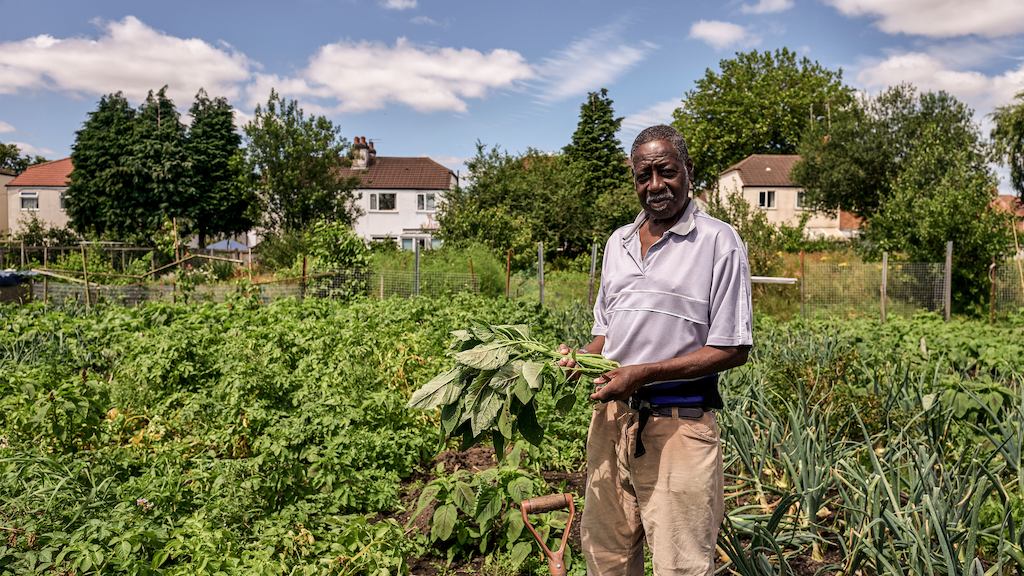
A bold vision to transform people’s experience of later life
We will focus on achieving ambitious goals in four areas to help society make the most of the social and economic opportunities presented by people living for longer.
The Centre for Ageing Better has announced it will focus on achieving ambitious goals in four areas to help society make the most of the social and economic opportunities presented by people living for longer and to help those at risk of missing out on a good later life.
A child born today has a 50% chance of living to 100. By 2032, the Office for National Statistics predicts a 26% increase in people aged over 65 and a 55% increase in those aged over 85.
Ageing Better’s long-term vision for responding to this demographic change includes goals for improving health, housing, employment, and communities. It has prioritised these areas following two years of research and evidence building, exploring which factors make a positive difference to people’s quality of life in older age.
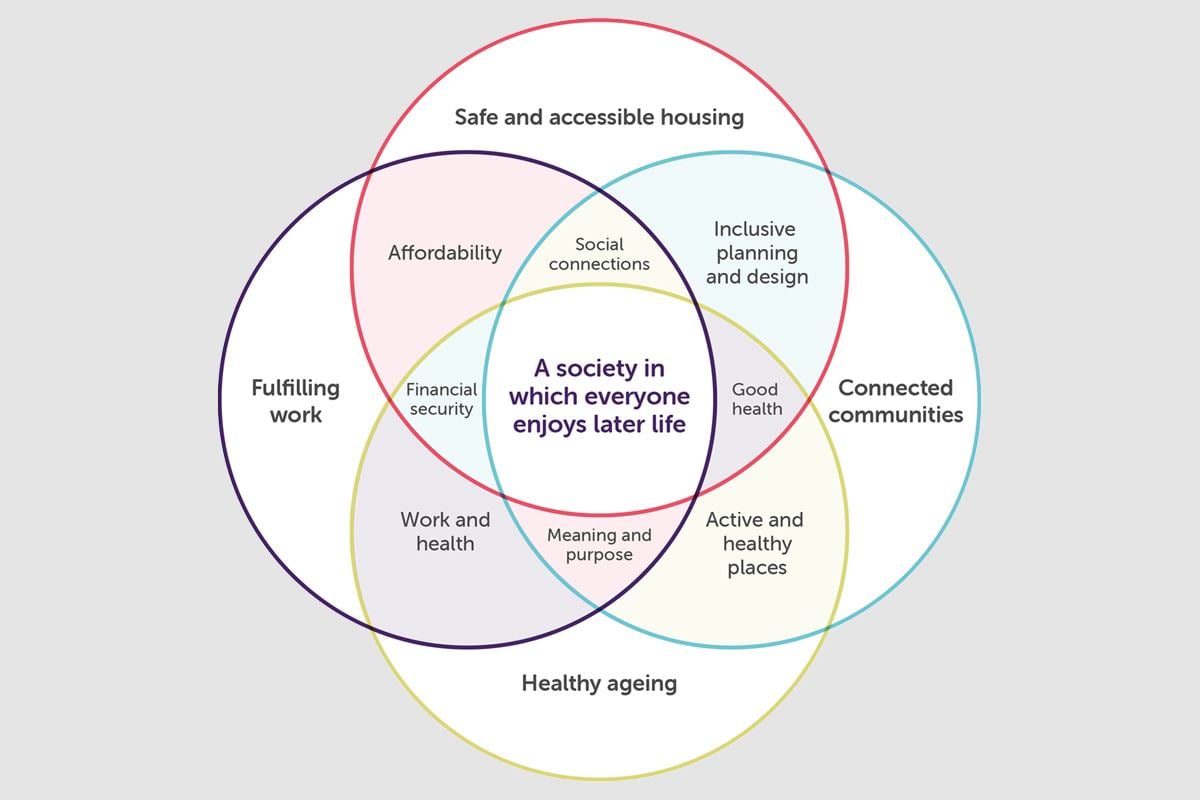
The goals Ageing Better has announced are:
Fulfilling work
One million more people aged 50-69 in fulfilling work by 2022. Employment rates rapidly fall off after the age of 55 and yet good-quality work is important in helping people to remain financially secure. Ageing Better will support employers to become more age-friendly, promote health at work, and find new ways to support people who want to get back into work.

Safe and accessible homes
One million fewer homes to be defined as hazardous and half of all new homes to meet accessibility standards, by 2030. England’s housing stock is among the oldest in Europe with some of the highest associated health and care costs and is not suitable for us as we get older. Ageing Better will help to make sure there is a diversity of suitable homes, that current homes are adapted, and better information about housing options is available for people approaching later life.
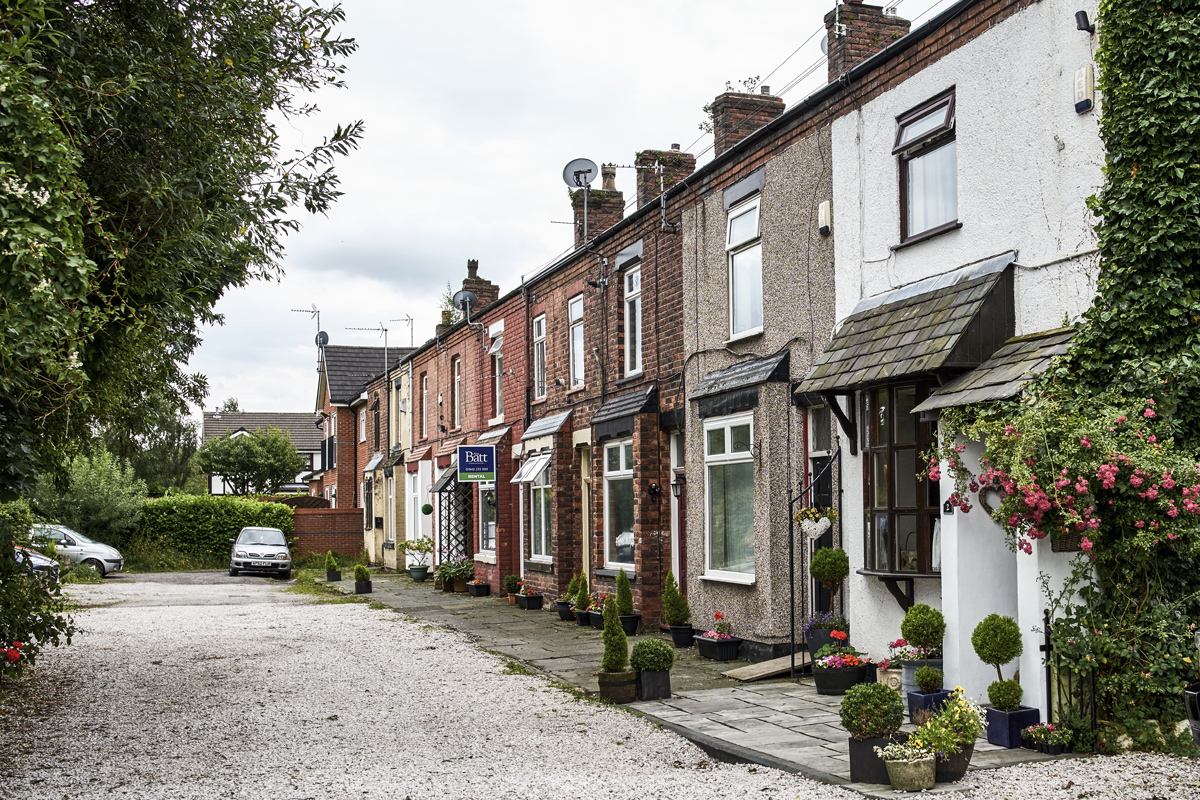
Healthy ageing
Five more years free of preventable disability, and to reduce the gap between the richest and poorest people in disability-free life expectancy by 2035. Good health helps people stay in work, stay independent in their own homes and be active in communities.
Ageing Better will bring together a wide range of organisations who together can ensure more of us age well, support local areas to take an integrated approach to healthy ageing, and identify and test interventions to influence behaviour change.
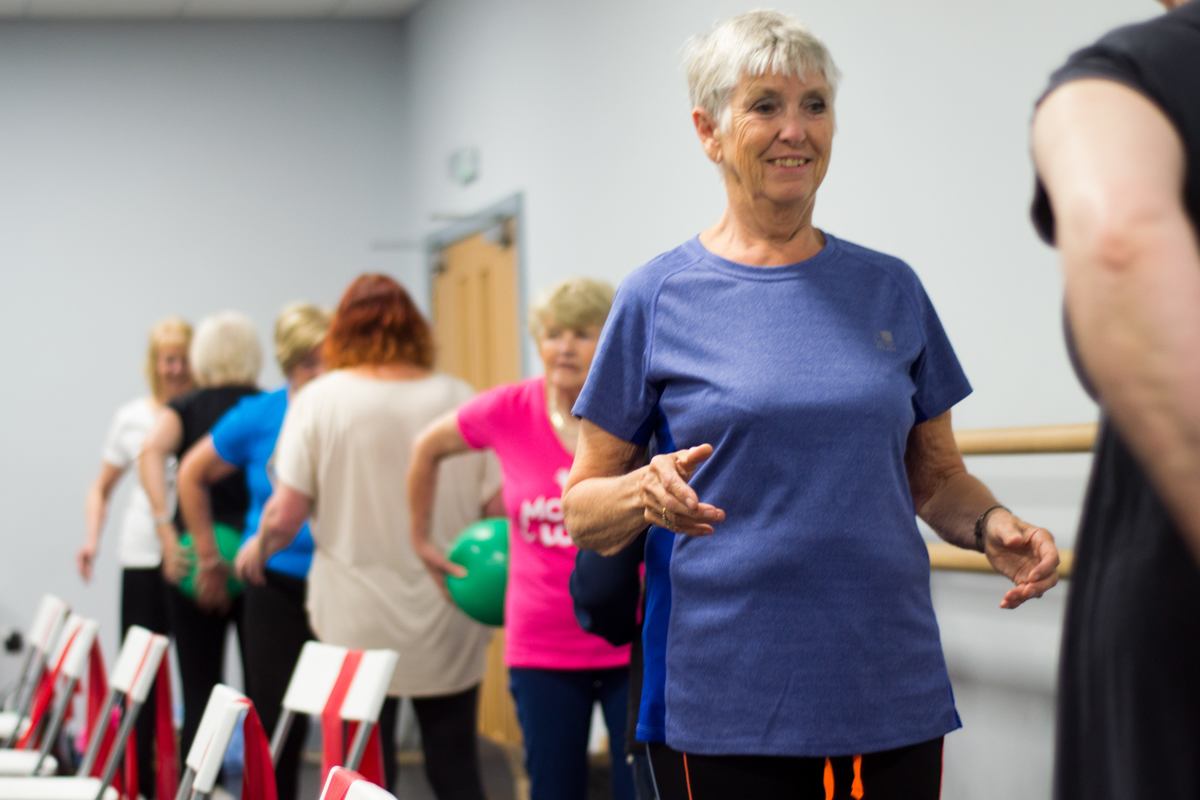
Connected communities
By 2030, an increase in the proportion over 50s who feel they strongly belong to their neighbourhood. Communities where people know and help each other make it easier to build relationships and stay active. Ageing Better will help communities to create the physical environment necessary for people to build social connections and become age-friendly so that everyone feels part of a community.
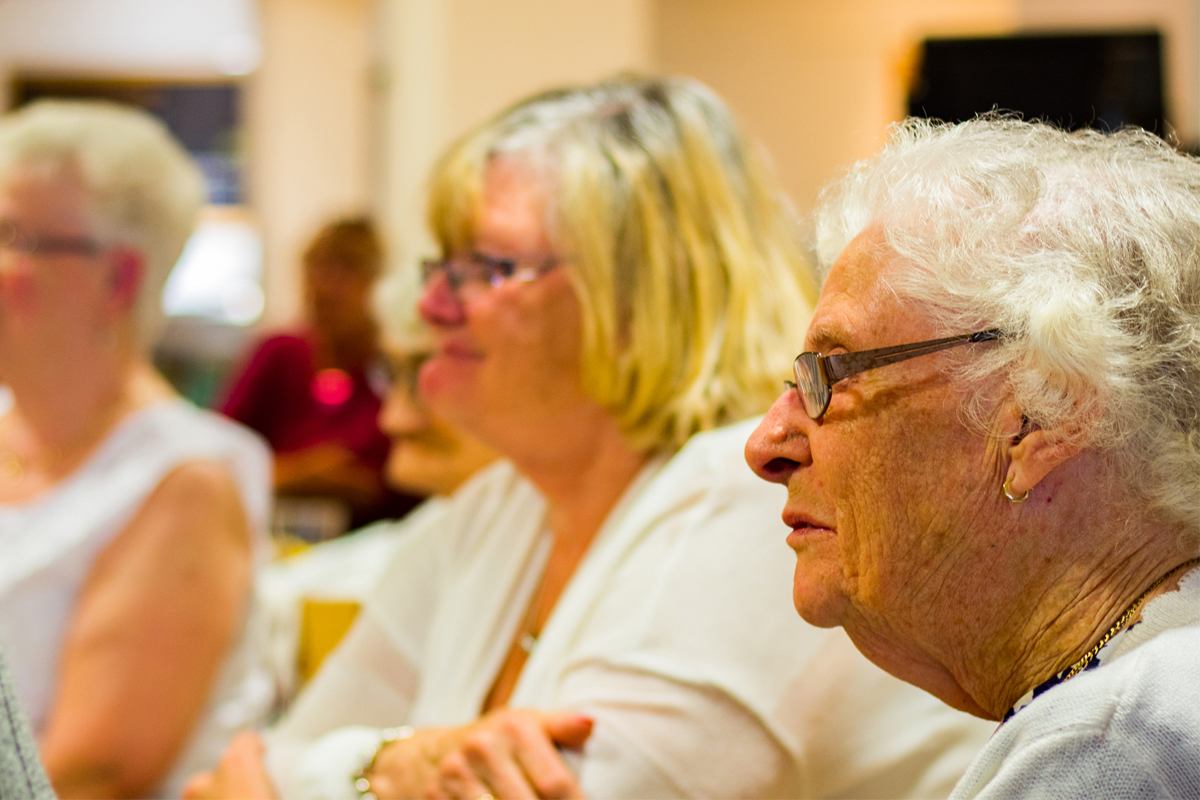
Our focus: people approaching later life and at risk of missing out
Ageing Better will focus on helping people who are currently approaching later life - almost a quarter of the population - and particularly those who are at risk of missing out, such as those on low incomes and those more likely to experience health problems.
Dr Anna Dixon, Chief Executive, said:
“We are living longer than ever before. The prospect of a 100-year life is an incredible opportunity, but we need to take radical action if more of us are to enjoy those extra years. Too many people today suffer in poor health, without access to decent care, live in unsuitable homes, in places that leave us feeling disconnected and lonely. We need major changes across our communities, in our workplaces, to our housing and to our approach to healthy ageing if we are to make the most of this opportunity. Too many people currently risk missing out on a good later life.
“In our first 2 and half years we have begun to make a significant impact on policy and practice. In the last year alone, we have grown the UK Network of Age Friendly Communities to 23; working with our partners in Greater Manchester and Leeds we have delivered innovative projects on transport and employment support; and we’ve published compelling evidence of the benefits of home adaptations and activities that improve muscle strength and balance.
“No single organisation can achieve this level of change on its own. Over the next ten years we will work with a wide range of partners including national and local government, private, public and the voluntary sector towards achieving these ambitious goals. We will urge them to take action and help them to make the changes we know will make a positive difference to later lives.”
The Centre for Ageing Better is a charitable foundation working across England with the support of an endowment from the Big Lottery Fund, awarded in 2015.

